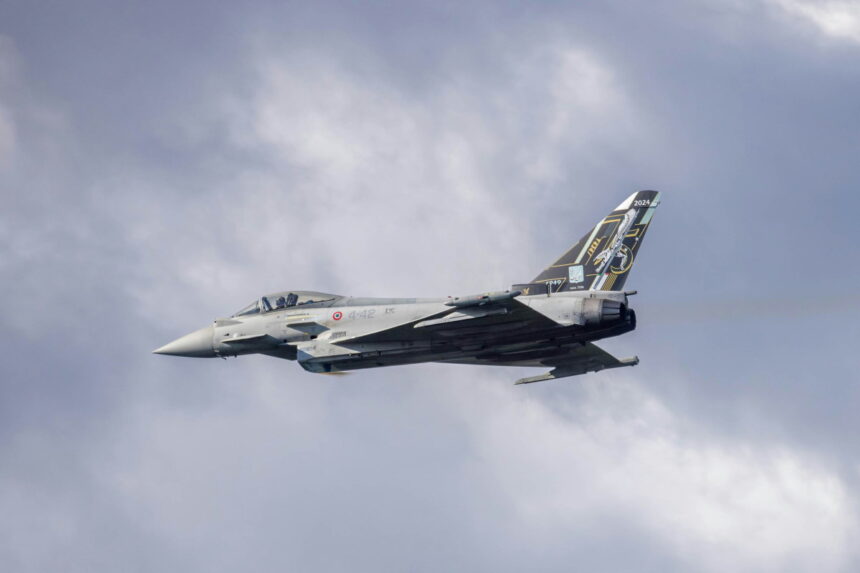Ukrainian forces attacked newly arrived North Korean troops in support of Russia. This is a grave escalation of the war and this is the first official confirmation of active participation of North Korean soldiers. As the war approaches its 1,000-day milestone, this development of North Korean forces on Russian soil adds a further new dimension to an already complex situation.
The strike was in the Kursk region, Ukrainian officials said, an area near the Russian-Ukrainian border that in recent weeks has witnessed a spate of particularly heavy fighting. It reflects not only a burgeoning international dimension to the war but also a challenging condition on the battlefield in which the two warring sides are fighting for strategic gains. Here’s what it means for Ukraine, Russia, and their international allies.
North Korean Deployment of Troops and Its Aftermath
In a very unprecedented move, North Korea has deployed around 12,000 of its troops in Russia under a strategic deal with Moscow. Sending these troops indicates that an ever-growing bond has been attached between North Korea and Russia, alienating them further from the international community. Western intelligence agencies have previously made speculations over the deployment, which has only recently been confirmed by Ukrainian officials, who claimed to have noticed North Korean soldiers in the Kursk region.
The deployment of such forces by North Korea is a massive about-turn for Pyongyang, which typically pursues isolationism. This indeed reflects the idea that North Korea could be in the process of seeking strategic partnerships based on mutual support in the form of arms, economic resources, or technological input with the Russians. For Russia, North Korea’s reinforcement would mean a lot more manpower for an ongoing war that has afflicted the country with increasingly mounting casualties and vast losses in equipment.
The quality and experience of such North Korean troops are, however, in doubt. While North Korean forces have a reputation for strict discipline, they lack modern warfare experience, and how effective this makes them on a battlefield so dominated by high-tech armaments and where fighting often is as complicated as it is intense remains speculative.
Escalating Conflict in Eastern Ukraine
The eastern part of Ukraine, especially the Donetsk area, has become a focal point of this conflict. Attacks by Russian forces have put Ukrainian defenses under heavy pressure. Recently, Russia has been able to achieve some gains in the regions of Donetsk as far as 9 kilometers, according to the U.K. Defense Ministry. It places additional strain on Ukrainian forces, which have been struggling to hold their positions despite ongoing support from Western allies.
Historically, Donetsk has always been in dispute, and control over it is the real key to any ambition Russia may have for a stronger grip on eastern Ukraine. In some key locations-which included the strategic town of Vuhledar-Ukrainian troops have pulled back in the face of the most recent Russian onslaught. Strategically well-positioned on high ground, Vuhledar provides a tactical advantage; thus, losing the town is a dent in Ukraine’s defenses in that part of the country.
These will probably not be contained in the case of Donetsk but also towards other important nodes like Pokrovsk and Chasiv Yar, key logistical and supply nodes for the Ukrainian troops. In capturing these, Russia would probably inflict damage on Ukraine’s ability to resupply and complicate its efforts at effective defenses or counter-offensives.
Ongoing International Tensions and the Appeal to Action of the West
The involvement of North Korean troops would likely have major consequences beyond the battlefield. To Ukraine, it will underline the need for even more intense military assistance from the West. “The head of Ukraine’s presidential office, Andrii Yermak, said there needs to be more decisive action from the West against Russia’s growing resources and international alliances. He urged Ukraine’s partners to toughen their approach toward Russian aggression and deepen partnerships with illiberal countries.
The United States and its allies have committed significant military aid to Ukraine, including state-of-the-art weapons, intelligence, and budgetary funds. Ukrainian officials have complained repeatedly that delivery of the promised aid is delayed. North Korean forces could raise the stakes by pressuring Ukraine’s leadership and its partners for deliveries of more rapid, extensive military assistance.
The involvement of North Korea in this war further complicates matters geopolitically for the West. What has long been a relationship of convenience between Russia and North Korea might now be considered a bit of a turning point. This may translate into the creation of an alliance far more robust between both nations, which would be able to resist the influence of the West in the region.
This development is likely to be perceived by Western powers, especially the United States, as an escalation of the threat posed by Russia and its allies, possibly calling for a reconsideration of strategies in terms of how much support to extend to Ukraine and how best to check Russian ambitions.
The Larger Ramification of North Korean Engagement in the Russia-Ukraine War
The involvement of North Korea in the Russia-Ukraine War introduces one more complex dimension to the ongoing war. For Ukraine, this could signal a dramatic turn in the war, where Russia, not only uses its military force but also resorts to foreign allies to boost its capacity. For the rest of the world, this raises questions regarding the engagement of other countries sympathetic to Russia or North Korea and the risk of a spillover into a more general conflict.
The developments of the war have demonstrated Russia’s readiness to utilize international partnerships in pursuit of its goals. In this respect, Russia could be only testing the response of Western allies, or, in other words, it has been challenging the world community to consider the general implications of such a coalition of authoritarian states. If North Korea’s involvement were successful, other countries might be encouraged to offer support to Russia, with further consequences of isolating Ukraine and its allies.
Meanwhile, the number of victims of the conflict continues to grow. The information about recent strikes on Zaporizhzhia with several victims attests to the fact that the major long-range attacks against the civilian area are not yet excluded for Ukraine. This would denote the need to find the fastest solution to the conflict or at least the most robust mechanism for the containment of violence.




